13 Popular Business Card Alternatives in 2024
Most professionals are bombarded with a constant barrage of paper business cards from everyone they meet. This means most business cards are just going to be chucked into a drawer, never to be seen again.
But if there’s something unique about your business card, it leaves a lasting impression, keeping you in their thoughts when they’re looking for your services and expertise. So consider a paper business card alternative that best presents you and your brand.
1. Digital Business Cards (Professional, Versatile)
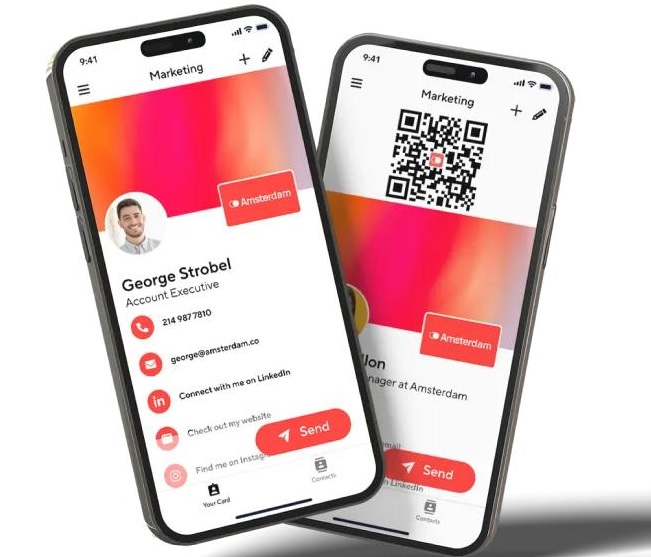
The most obvious business card alternative would have to be its evolution, the digital business cards. They work largely the same as their physical counterparts but with the bonus of allowing you to showcase more than 3-4 lines of text.
With a digital business card, you can include any number of websites, social media accounts, emails, phone numbers, addresses, GPS tracking, payment channels, photos/videos, and other online content.
You’ll also gain the advantage of being able to keep track of who accesses your card, gaining valuable insights and metrics. Additionally, you save costs by avoiding the need to constantly update and reprint physical business cards.
Overall, a fantastic option, especially for users who want to migrate to fully online and digital platforms.
Pros
- Robust digital platform with almost all your details
- The contact details are updatable in real time
- Allows to track metrics & client preferences
- It’s eco-friendly and sustainable
Cons
- Not everyone has access to digital platforms
- Sharing digital information can pose privacy and security risks
Best for remote workers, freelancers, entrepreneurs, environmentally-conscious individuals
2. QR Code Business Cards (Interactive, Modern))
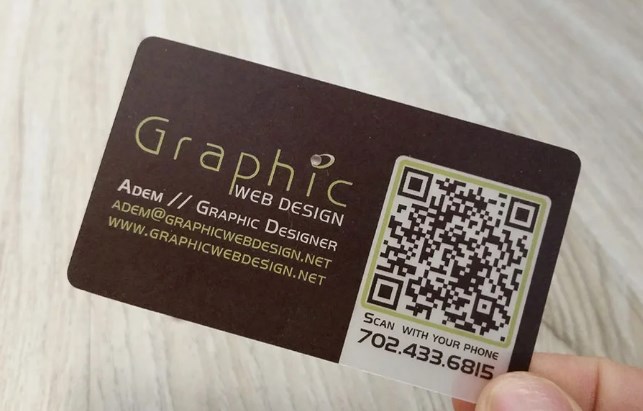
If you still prefer traditional paper cards but want to add a little more functionality to them, you can try using a QR code business card instead. This way, you can still have the charm of a paper business card but with the added versatility of the digital era with a QR code.
For a QR code, people who receive your card only need to use their smartphone to scan the code. They can then be redirected to your website, a social media account, or a digital/AI business card.
This way you get the best of both worlds, using the QR code card for in-person meetings after which they can scan the QR code to learn more about you and your business.
Pros
- Quick and convenient access to your sites/profiles
- Can integrate well with other methods (digital/AI business cards)
- No need to reprint the business cards even if the information is updated
Cons
- The recipient must have a smartphone or QR code reader app
- It requires an internet connection to access the content
Best for tech-savvy professionals, networking enthusiasts, and general users.
3. NFC Business Cards (Tech-savvy, Convenient)
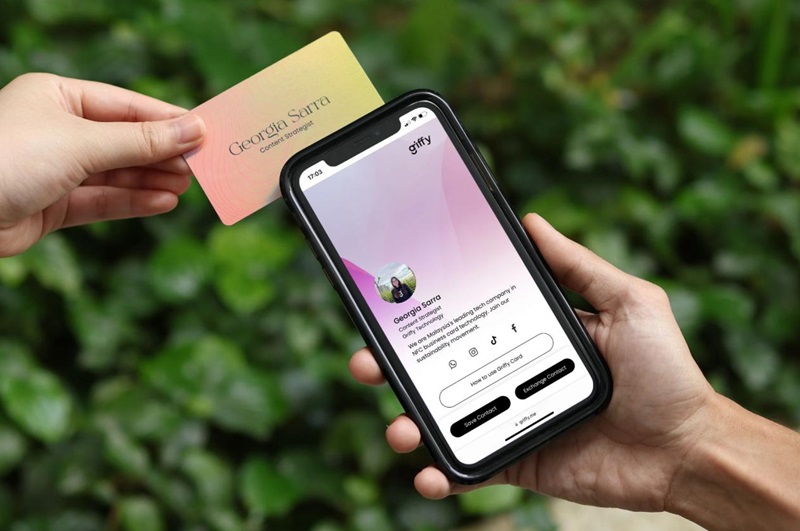
Alternatively to QR codes, you could also use a physical NFC business card to share your digital business card or website. They work largely the same as other NFC devices like Apple Pay or PayWave cards and only require you to touch the NFC card to someone’s smartphone to send your business card.
Using an NFC business card is super convenient for in-person conferences and only requires your card receivers to have a compatible smartphone. However, older smartphones may not have NFC, so it’s a good idea to have a paper business card as a backup.
Plus, NFC cards will ideally require a digital business card or similar to link to, so you’ll need to accommodate costs for a subscription to the platform as well. But otherwise, NFC business cards are a great solution for most professionals.
Pros
- Convenient one-tap contact sharing
- Integration with digital business cards
Cons
- Requires receivers to own an NFC compatible device
- Setting up and programming NFC cards can be complex and challenging
Best for tech enthusiasts and early adopters.
4. AI Business Cards (Innovative, Intelligent)
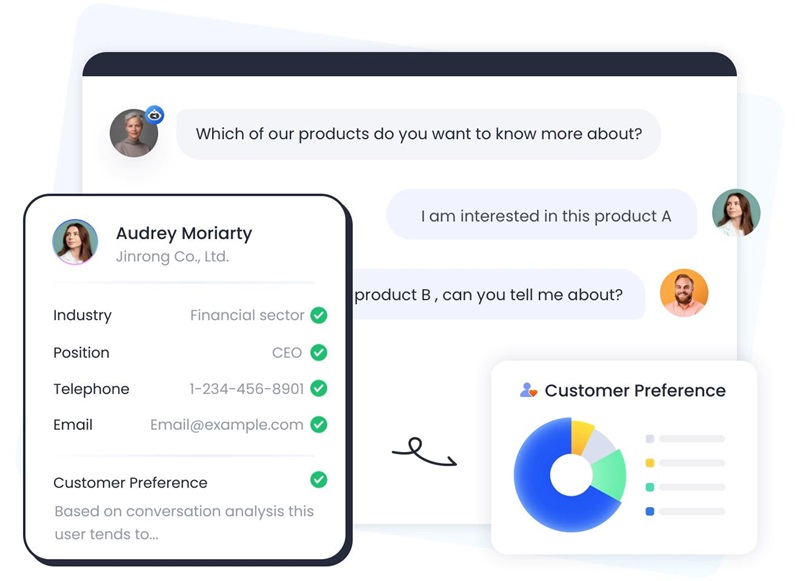
Next up, we have AI business cards, further up in the evolution scale from digital business cards leveraging the power of AI to help you with your networking efforts. AI business cards, like from ChatInsight, work by providing you with a chatbot to handle basic networking.
It can help you answer potential partners & client FAQs, provide relevant details about your business’s products & services, give relevant contact info or social media links, and set up meetings based on your schedule.
Not to mention the AI business card can respond to users in other languages, has metric tracking & analytics, and can re-engage with dormant users based on their preferences.
Pros
- A powerful AI assistant in your pocket
- Can respond in multiple languages
- Reduces redundant and mundane daily tasks
Cons
- It can take some time and patience to set up an AI business card for the first time
Best for small teams and large organizations for tailored business cards.
5. AR/VR Business Cards (Immersive, Futuristic)
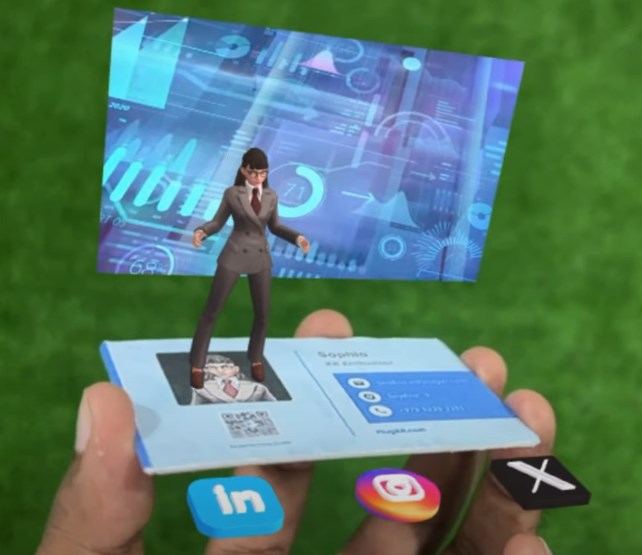
AR & VR business cards are a fantastic way to leave a memorable impression, combining the physical and digital worlds into one. With an AR business card, for example, you can have a physical card and a QR code to scan which then pops up an augmented reality component to the card.
This way, your plain Jane business card transforms into an immersive and ‘futuristic’ version with elements on-screen that the card receiver can interact with. It can be complicated to design and get everything set up, but if you know what you’re doing, the possibilities are endless.
Pros
- Immersive and futuristic
- Great for leaving memorable impressions
Cons
- Possible technical barrier for some people
- Requires understanding of AR design processes
Best for advertising professionals, real-estate agents, designers and artists.
6. 3D Printed Business Cards (Unique, Eye-catching)
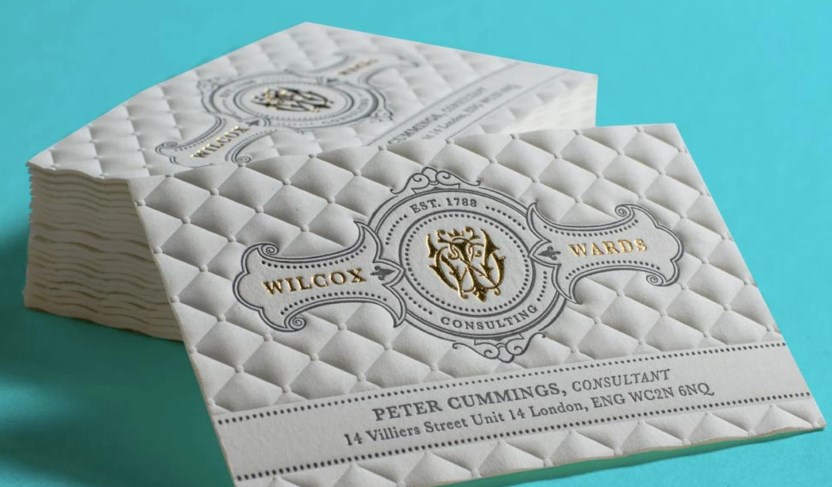
If you need a truly ‘unique’ business card, you can try a 3D-printed version. With a 3D printer, you can create jaw-dropping designs with intricate details that other alternatives can’t match up to.
That is, provided you have the necessary experience and equipment to design your own 3D models. But if you’re able, you can create 3D models like above with your contact info engraved into the design, or print more ‘traditional’ cards with an engraved logo and contact details.
Pros
- Innovative and creative alternative
- Extremely customizable to tailor to your brand
Cons
- Requires experience working with 3D printing and design software
- It can be expensive
Best for advertising professionals, real-estate agents, designers and artists.
7. USB Business Cards (Functional, Practical)
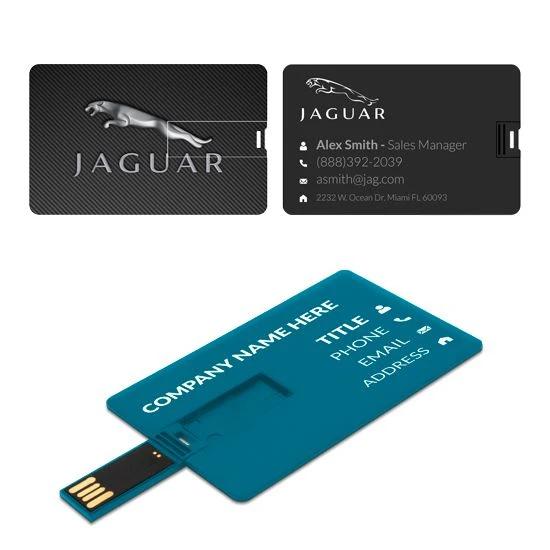
As one of the sustainable alternatives to business cards, USB business cards are a great option to not only provide someone with your details but to make them keep the card.
Since it functions additionally as a storage device, they can keep it on hand to use, while your business’s details are right in front of them more often. This is a great way to not only grow your network at events but also keep your business in the purview of new customers and potential partners.
Pros
- Works as a business card and convenient USB storage
- Readily available and portable
Cons
- More expensive than traditional paper business cards
Best for corporate events, client meetings, and marketing campaigns.
8. Email Signature (Efficient, Minimalistic)
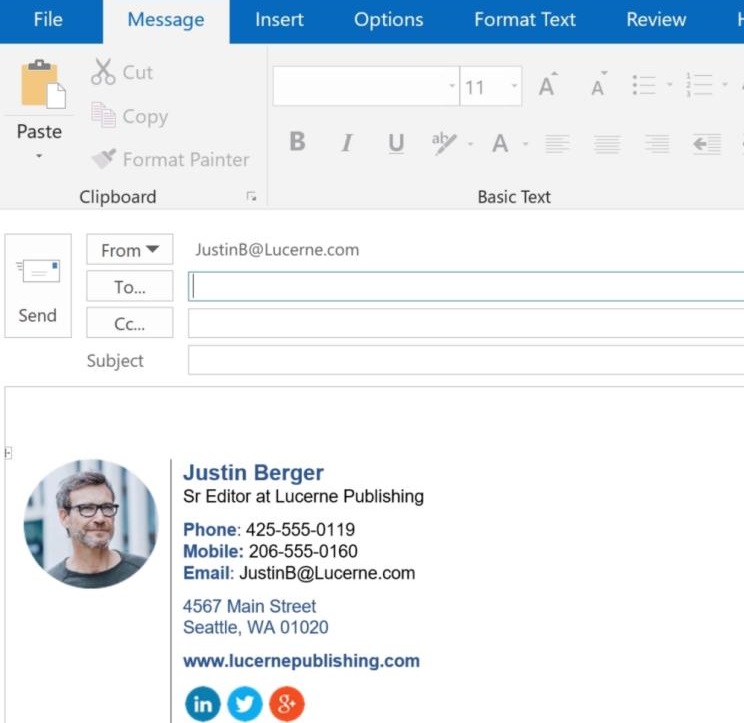
An email signature can function extremely well as a ‘business card’, including relevant contact info, an address, social media channels, etc. for no additional cost. All you have to do is follow a template and add it as a signature to your email account.
This requires you to have contacts to send the email to, in which case, they probably already know your information. It is not as effective for growing your network unless used in mass emails or newsletters.
Pros
- Professional, low-key, and comprehensive
- Effective tool for marketing
Cons
- Usually less successful connections
Best for sales and marketing teams, customer support representatives, and job seekers.
9. Plantable Business Cards(Unique, Eco-friendly)
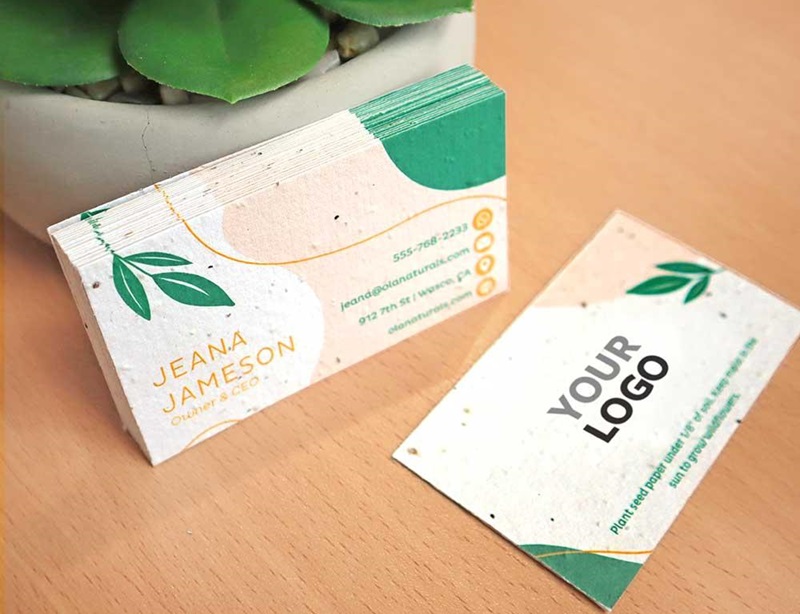
If your company prioritizes ‘eco-friendliness’ and works with the environment, you could opt for ‘plantable’ business cards. These cards not only provide card receivers with information they’d normally get with traditional paper cards, but there’s a twist.
Once receivers have noted down your info, they can plant the card in soil to grow flowers, plants, etc. This leaves a memorable impression and fortifies your company’s position as an eco-friendly business.
Pros
- Eco-friendly and sustainable
- Can be planted to sprout flowers, herbs, vegetables, plants, etc.
Cons
- The material/quality may not be as ‘premium’ feeling
- May not last as long as traditional business cards if not planted
Best for environmental organizations, eco-friendly businesses, organic farmers and gardeners, and green startups.
10. Keychain Business Cards (Portable, Handy)
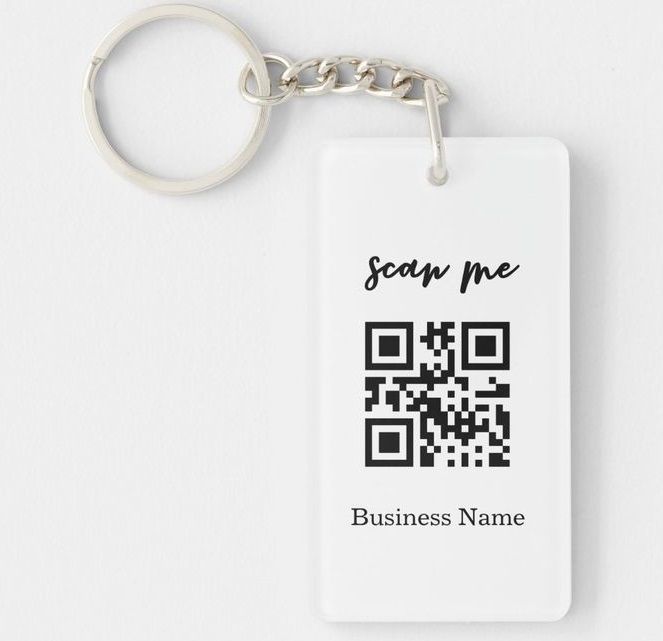
Other than the typical ‘card’ format, you could also design your own keychains for people to use as a ‘business card’. This could include a logo and a QR code that redirects to your website or a digital business card.
However, if you want people to use it as a keychain, the design of the keychain itself should be attractive & minimal, with only ‘subtle’ nods to your company so it doesn’t come off as ‘tacky’.
Pros
- Useful as more than just a business card
- Memorable and practically
Cons
- Bulkier than traditional business cards for some users
Best for corporate gifts and promotional campaigns.
11. Edible Business Cards (Novel, Creative)
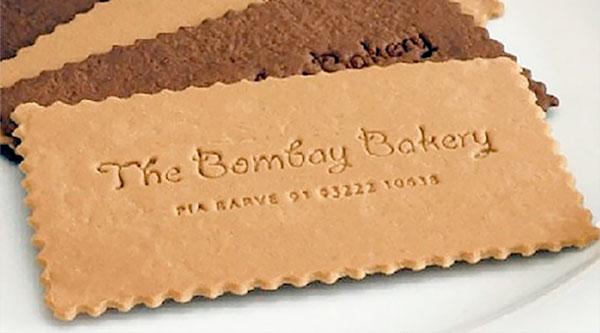
Prefer to have your cake and eat it too? Well, an edible business card is a great way to provide people with your contact info and a sweet treat all at once. Of all the methods, this is sure to leave a memorable first impression since they can associate your business with the taste of your treat. And it’s really flexible and can be made with cupcakes, cookies, jerky, and more.
However since it is a food item, when consumed, your info is gone. So keep it short and ‘sweet’ so that people can remember the details on the card without worrying about consuming it.
Pros
- Innovative way for F&B businesses to market
- Great networking tool for events
Cons
- Edible (business info gone when consumed)
Best for bakers, pastry chefs, caterers, food and beverage companies, restaurants and cafés.
12. Metal Business Cards (Durable, Premium)
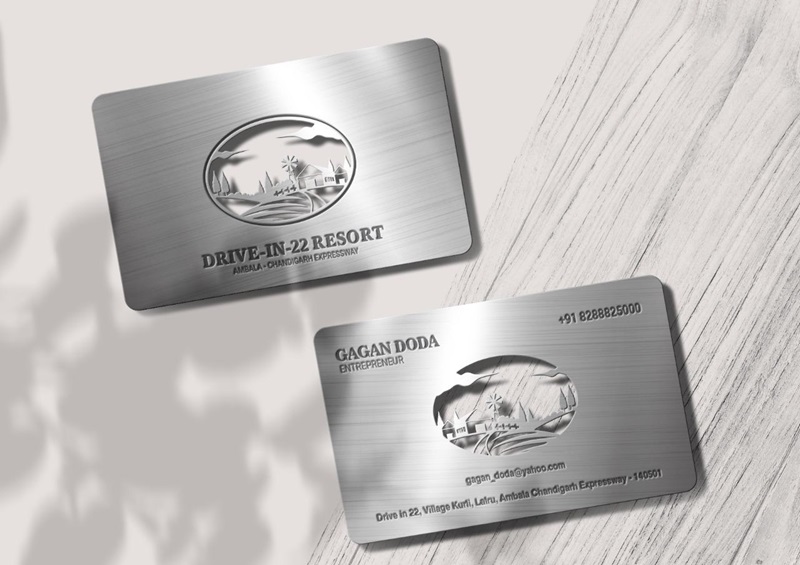
Next up we have metal business cards which function exactly the same as a paper card, except it’s crafted out of metal. The advantage of this is the card is much more durable and premium feeling than typical paper cards.
You can also incorporate more intricate designs highlighting your company’s logo or any other design elements engraved. It also looks uber professional, sure to leave an impression.
Pros
- Premium feeling cards
- Can have intricate and durable designs
Cons
- Materials for the cards are costly
- More cumbersome than paper cards
Best for luxury brands, executives and entrepreneurs, and creative professionals.
13. Branded Merchandise as Business Cards (Branded, Memorable)
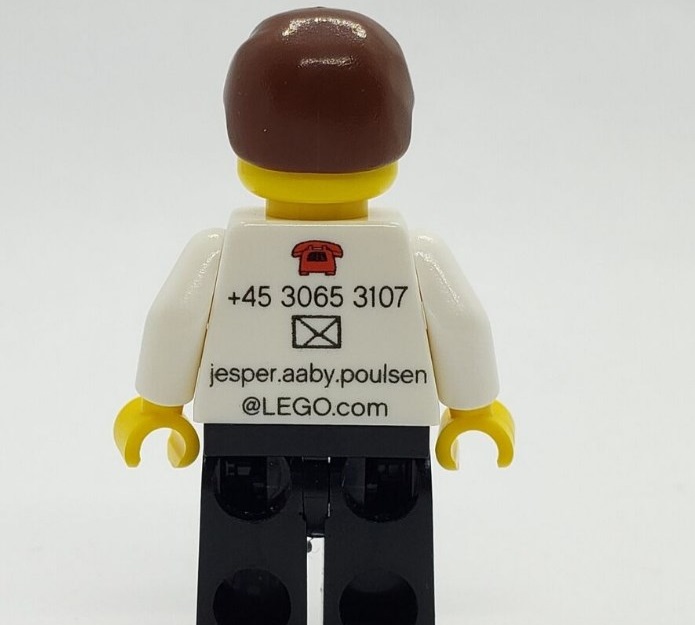
The last business card alternative we’re featuring is branded merchandise. This can be anything from figurines, bags, t-shirts, mugs, koozies, hats, umbrellas, lanyards, and more. This works as both a ‘business card’ and a marketing tool. This is a great option, especially for events where you’re handing out hampers or gift bags.
However, again, we’d advise not going completely obnoxious with the branding on the design and prioritizing how it looks to bolster your brand image and recognition.
Pros
- Effective as a business card/marketing tool
- Improved branding and recognition
Cons
- Not as effective as other alternatives (can’t include detailed information)
- Costly at scale
Best for business startups and events.
FAQs about Business Card Alternatives






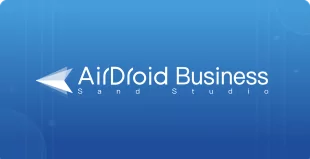
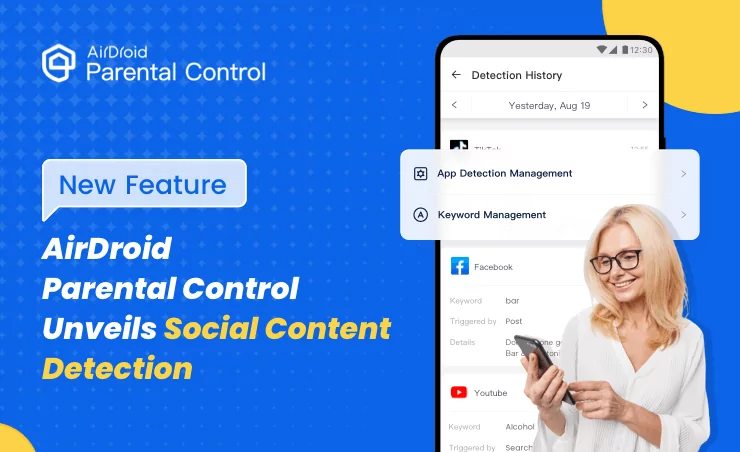
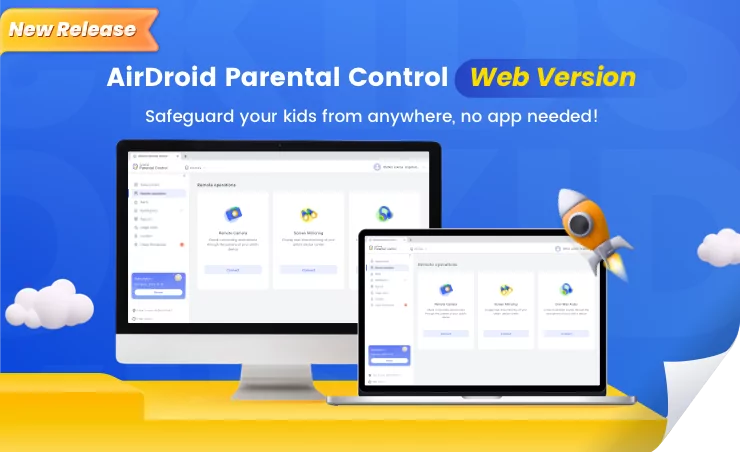
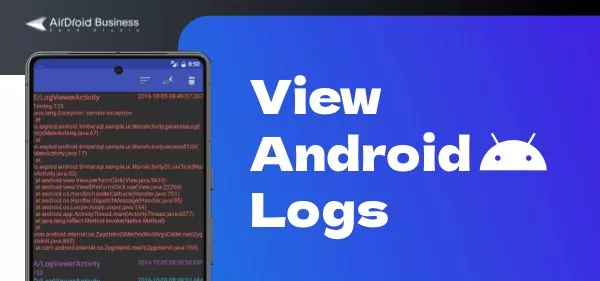
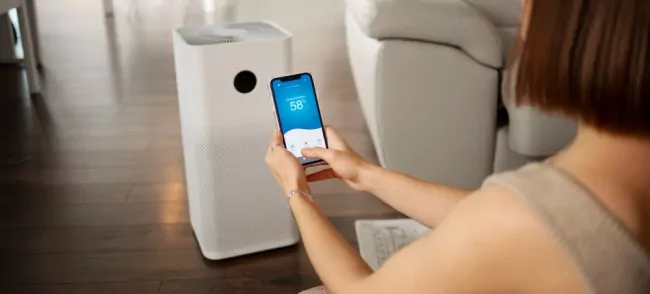
Leave a Reply.